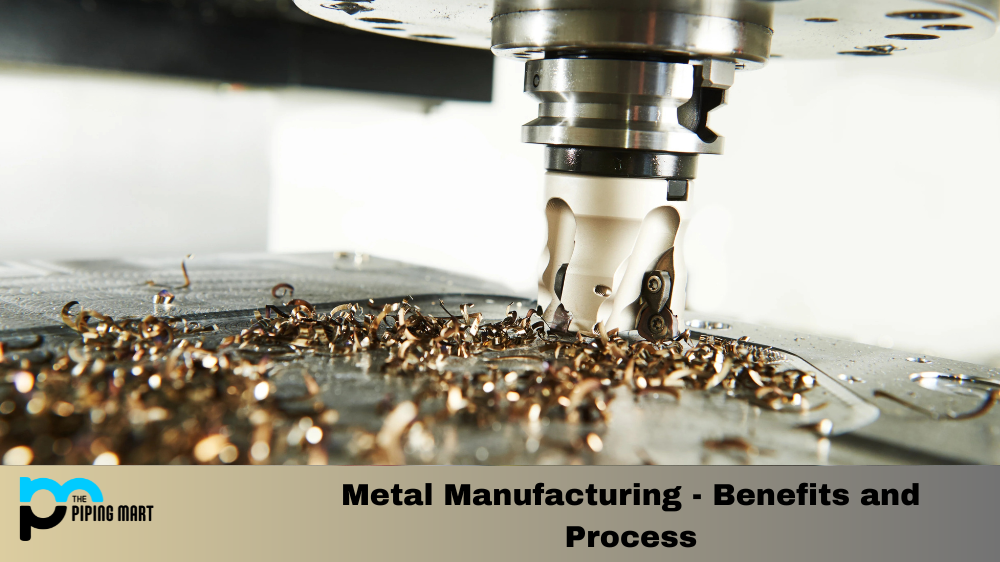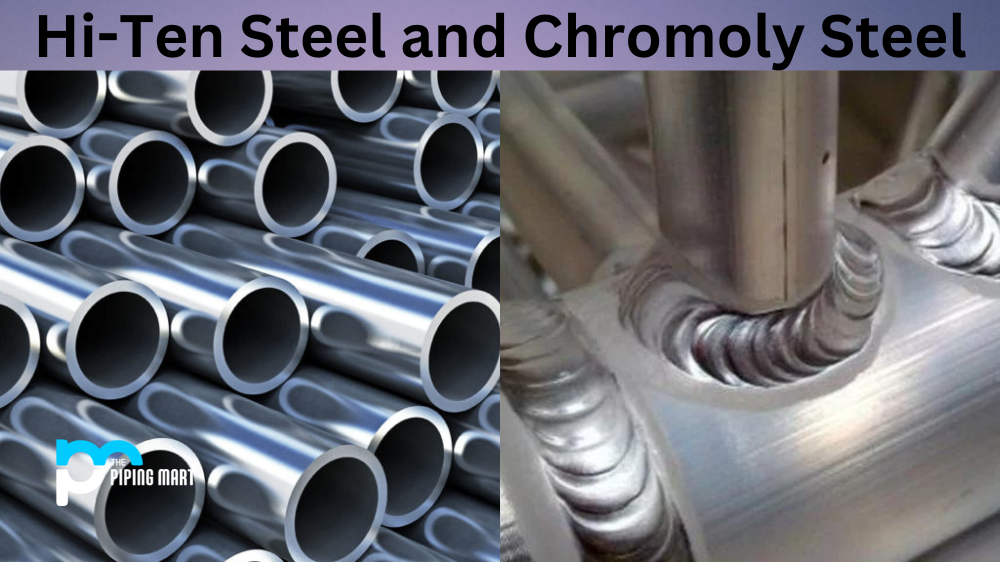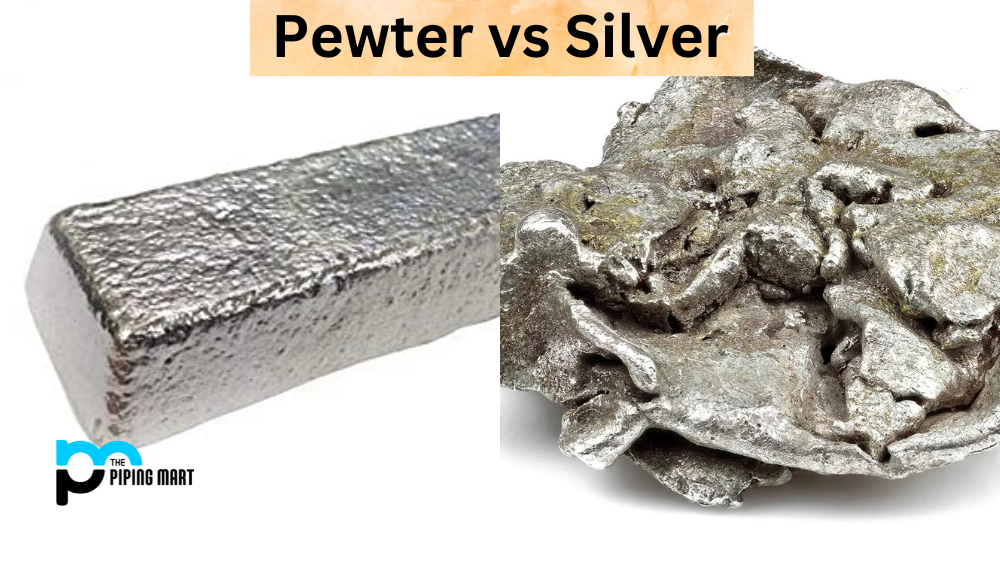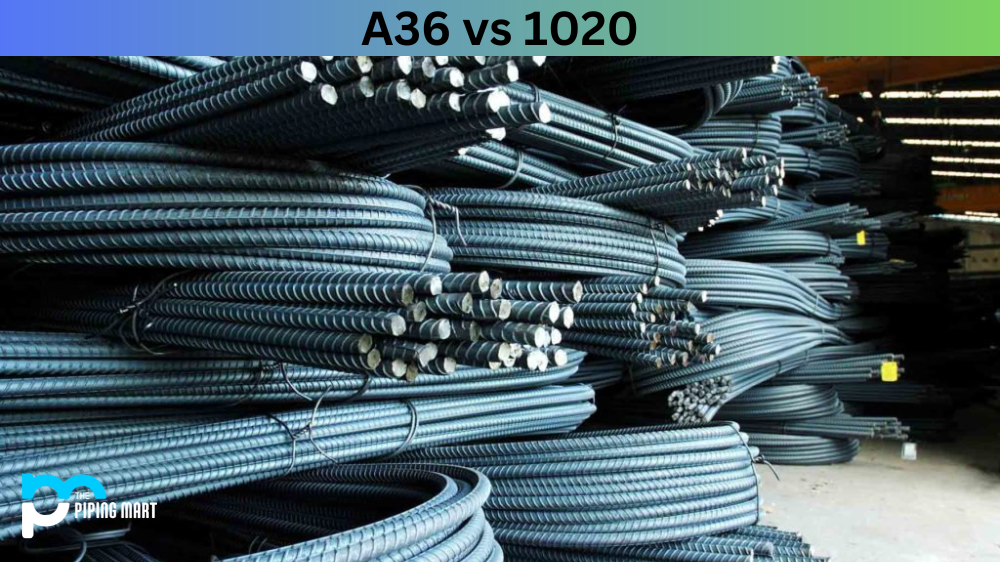Metal manufacturing is the process of forming parts or products from materials such as aluminum, steel, and copper. This type of manufacturing has a wide range of applications and can be used to create everything from automotive components to household appliances. The benefits of metal manufacturing are numerous and include cost savings, sustainability, and greater product customization. Let’s take a look at some of the advantages of metal manufacturing in greater detail.
Metal Manufacturing process
The metal manufacturing process is a complex and intricate procedure that starts with selecting the raw materials and ends with finished products. Before these metals can be formed into parts, they are melted down in ovens and then poured into molds. Special tools are used by skilled workers to craft the molten metal into desired shapes, sizes, and designs. During production, the metals go through refinements such as tempering or quenching to create added strength or other qualities. Finally, quality control professionals inspect each part to ensure safety, accuracy, and consistency before the product is shipped out to customers. The metal-manufacturing process truly demonstrates how craftsmanship and technology come together to produce essential materials on a large scale.
Casting
Casting is a manufacturing process in which molten metal is poured into a mold and allowed to solidify. The mold can be made from a variety of materials, including sand, plaster, or metal. Once the metal has solidified, the mold is broken and the casting is removed.
Forging
Forging is a manufacturing process in which metal is heated and then formed into a desired shape using hammers or presses. Forging can be performed using a variety of metals, including steel, aluminum, and titanium.
Extrusion
Extrusion is a manufacturing process in which metal is forced through a die to create a desired shape. This process can be used to create objects with a uniform cross-section, such as pipes or tubing.
Rolling
Rolling is a manufacturing process in which metal is passed through rollers to reduce its thickness or to create a desired shape. This process can be used to create sheets of metal or to form metal into shapes such as beams or rails.
Welding
Welding is a manufacturing process in which two pieces of metal are joined together by heating them until they melt and then cooling them so that they fuse together. Welding can be performed using a variety of methods, including gas welding, arc welding, and spot welding
Benefits of Metal Manufacturing
Cost Savings
One of the most attractive aspects of metal manufacturing is its cost-effectiveness. When compared to other forms of production, such as plastic injection molding, metal fabrication often yields significant cost savings due to its relatively low setup costs and flexible production methods. Additionally, with metal manufacturing, there is no need for additional tooling, which further reduces costs while increasing turnaround time.
Sustainability
Another benefit of metal manufacturing is that it uses sustainable materials. Metals can be recycled an infinite number of times without losing their structural integrity, making them an ideal choice for eco-friendly production methods. Additionally, because metals retain their value over time and don’t require high levels of energy consumption for production or disposal, they are very environmentally friendly options for manufacturing processes.
Customization
Finally, one major benefit associated with metal fabrication is that it offers a high level of customization when producing parts or products. With metal fabrication, manufacturers can create complex components with intricate shapes and sizes that would otherwise be impossible with other types of production methods. Furthermore, designers have the freedom to add unique features, such as welded joints or laser cutouts, that cannot be achieved through other types of production processes.
Conclusion:
Metal manufacturing offers many advantages over traditional plastic injection molding processes, including cost savings, sustainability, and greater product customization. As a result, this type of production has grown in popularity in recent years thanks to its flexibility and affordability when compared to other forms of fabrication methods available on the market today. Whether you’re looking for fast turnaround times or a more custom solution for your product needs –metal fabrication may be just what you need!

Pipingmart is B2B portal specializes in industrial, metal and piping products. Also, share latest information and news related to products, materials and different types grades to help business dealing in this industry.




